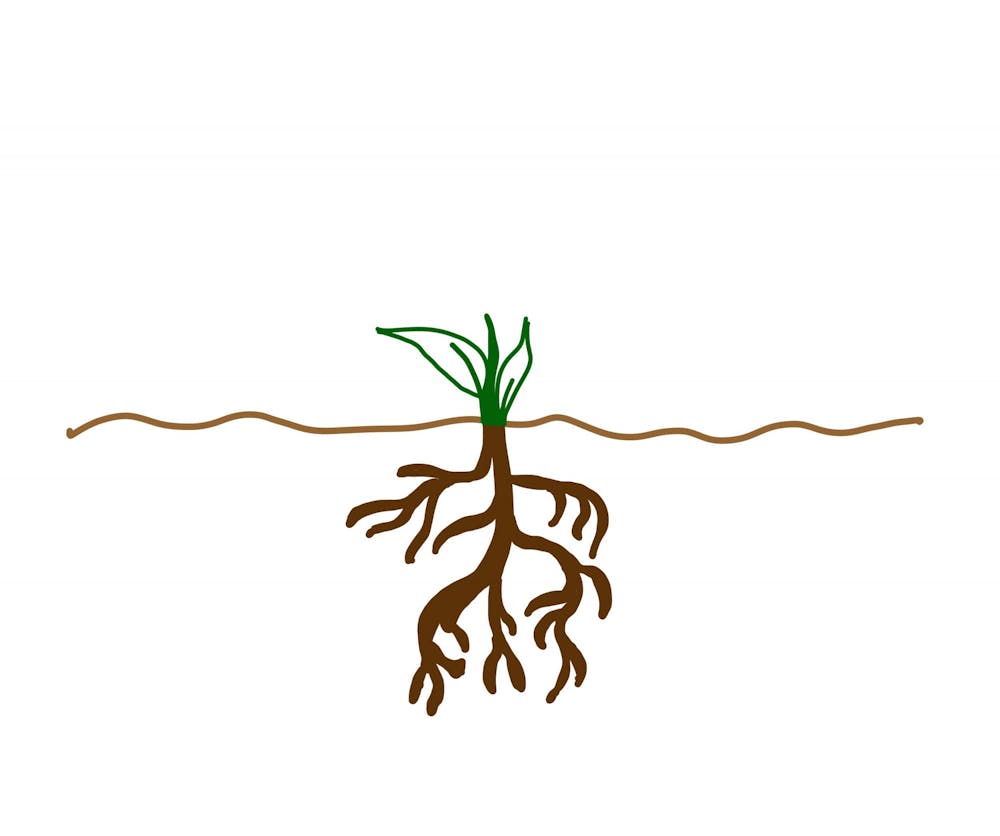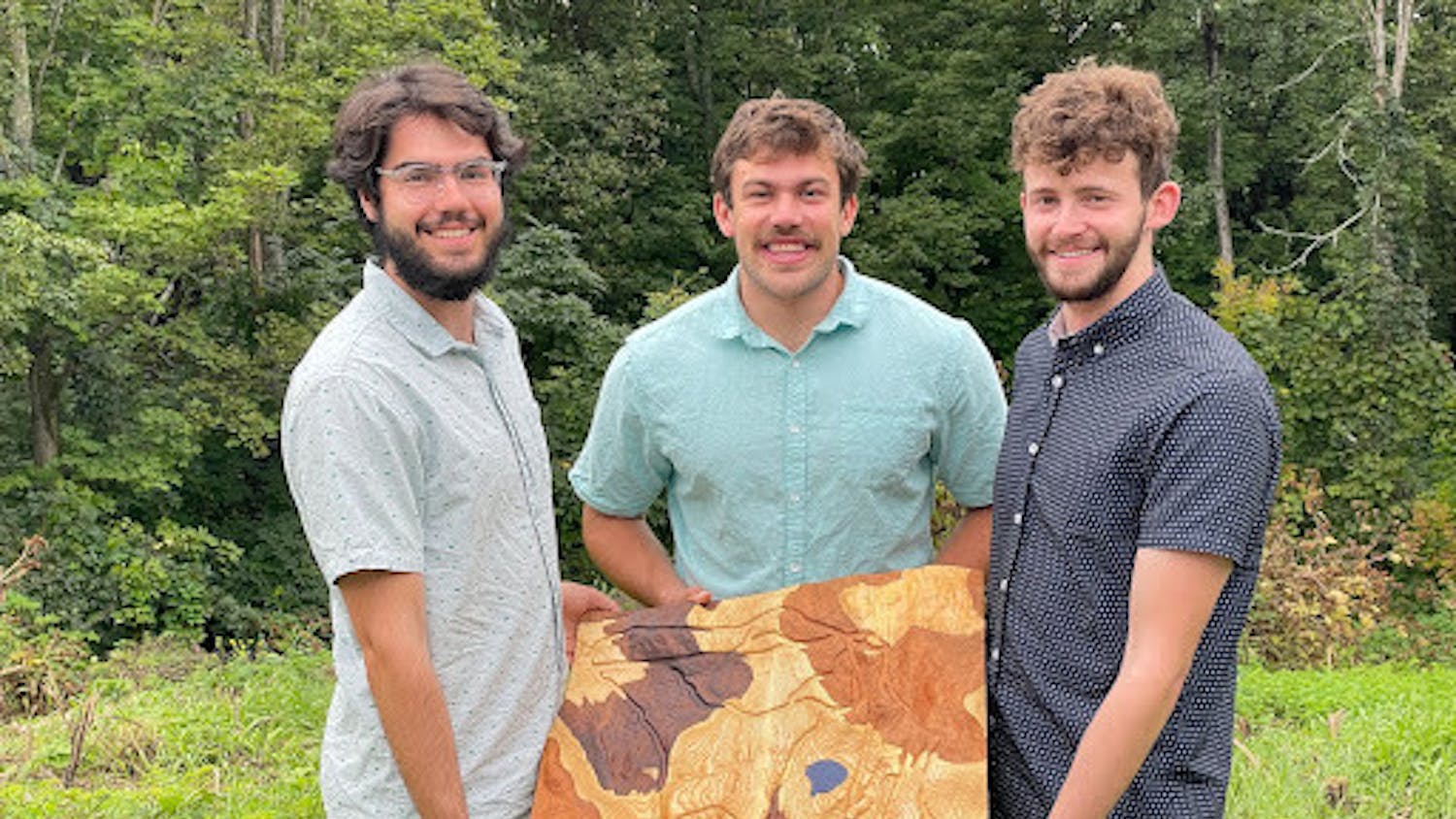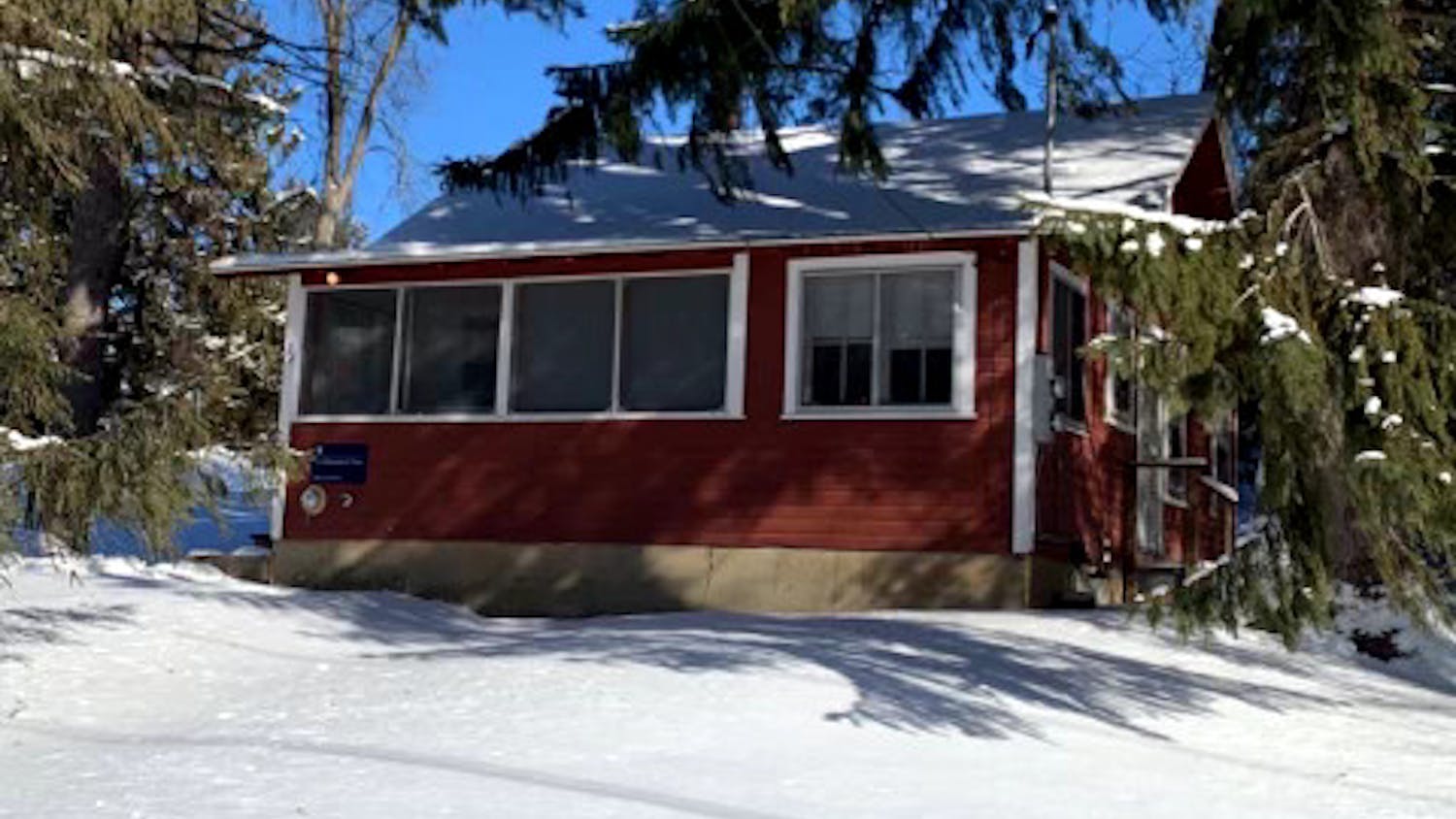This week, four years ago, I took my first steps as a Middlebury student. My dean told me, the first of many times, that new Febs bring new energy to campus just when it’s needed most. I was eager to see if this was true.
My first fall semester was my most difficult. I fell in love. I was inspired to become a better version of myself. I delved unintentionally into deep-seated insecurities. I got lost in making sense of myself and my life. I fell out of love. In short, I had experienced sophomore year, the storming phase of young adulthood.
The next spring, I became a Feb RA to watch the class of 2022.5 take their first steps on campus. My friends, the campus and I, were exhausted by the end of J-term. Then the Febs arrived. Sure enough, my dean’s words proved true. Suddenly, the campus was full of energy in bleak contrast with the weather.
I needed a new start. My twentieth birthday — the end of my teenage years — was coming up in three months, April 2019, and I decided to become Ben 2.0. I threw my love into my new residents. They wouldn’t be lonely in their first semester, if I could help it. I was going to put all of this hope into a Campus op-ed: “On Febs and Other Mid-Winter Celebrations.”
I have always found it endearing that people across the world and through millennia have responded to the darkest days of the years with celebrations of light. Christians put up lights and greenery. Jews light menorahs. Diwali derives its name from Deepavali, referring to the holiday’s hallmark rows of lamps. New Year — both Gregorian and Lunar — bursts with fireworks. Despite vastly different traditions across millennia and around the northern hemisphere, we have responded to darkness by creating our own light.
This is what I love about New Year's resolutions. A good resolution is a hope, an exciting sliver of optimism, that you can make your life better this year. We need to be reminded that life can change for the better. We forget as our hopes are washed by the tides of routine.
I never wrote the op-ed. I found myself whisked into the future — a summer job, a year abroad, a global pandemic, a thesis and (finally) a degree. Now, in the final hours of my final term, I’m looking back to see where I’ve been whisked to.
To my surprise, I haven’t gone anywhere. Despite many changes, to the campus and to the student and employee population, I still live on the same 350 acres in Vermont. Even metaphorically, I wonder, what was the point of Middlebury?
The Greeks had a word for this “point.” Telos refers to the end goal that justifies the process. Teleology is the study of a process in reference to its ultimate purpose. The telos of a Middlebury education is, at first glance, to receive a Middlebury degree. Yet, that degree only refers back to the process. My history degree, for instance, certifies that I have taken at least eleven history courses and Middlebury’s distribution requirements. The degree testifies that I took classes at Middlebury. It gives no indication as to why.
At first, I was disappointed to realize this. A good friend of mine shared my feelings that we had been deceived. Many of us spent high school trying to get good grades, to be engaged in extra curriculars, to be generally “well-rounded” students. Elite colleges asked us applicants to be wunderkinder and we rose to the challenge.
By the time we arrived at Middlebury, we had made it, but the grind never let up. We had learned how to work towards a goal — getting into college. We drank the spirit of capitalism with our coffee. We took classes, received grades and met requirements. We continued to sacrifice our days, nights and personal lives to the gods of our education. We passed through a familiar chronology: orientation, first week, first semester, second semester, J-term, sophomore, junior and finally senior year. The current of our education swept us toward graduation. It felt that we were progressing. We might have missed, as I nearly did, the fact that our first year and last year at Middlebury are, from a curriculum standpoint, identical.
Our education has no teleology because Middlebury is not a process. Middlebury is a place and we are plants. We grow in response to the environment: the sun, the shade and the soil. The wines of our maturity will never lose their Middlebury terroir. And yet, the sun, the shade, and the soil don’t exist to grow plants. In the sun, plants thrive and they shrivel. The soil doesn’t conspire to flavor the wine nor is Middlebury ultimately responsible for our own growth. Every day is a co-production between ourselves and our environment.
In the words of the biblical book of Ecclesiastes, “to everything there is a season . . . a time to plant and a time to uproot.” The exodus of the class of 2021.5 and the blossoming of the class of 2025.5, like all seasonal changes, gives us a moment to reflect. Ultimately, that’s the point of winter celebrations. They remind us that new life is gestating. The plants are resting in their mid-winter dormancy. The trees shiver in their nakedness. They all are quietly preparing to flourish once more in the spring. I’m preparing to set new roots down in grad school and generally in my life after graduation. What spring are you preparing for?
Ben Beese is a member of the class of 2021.5.




